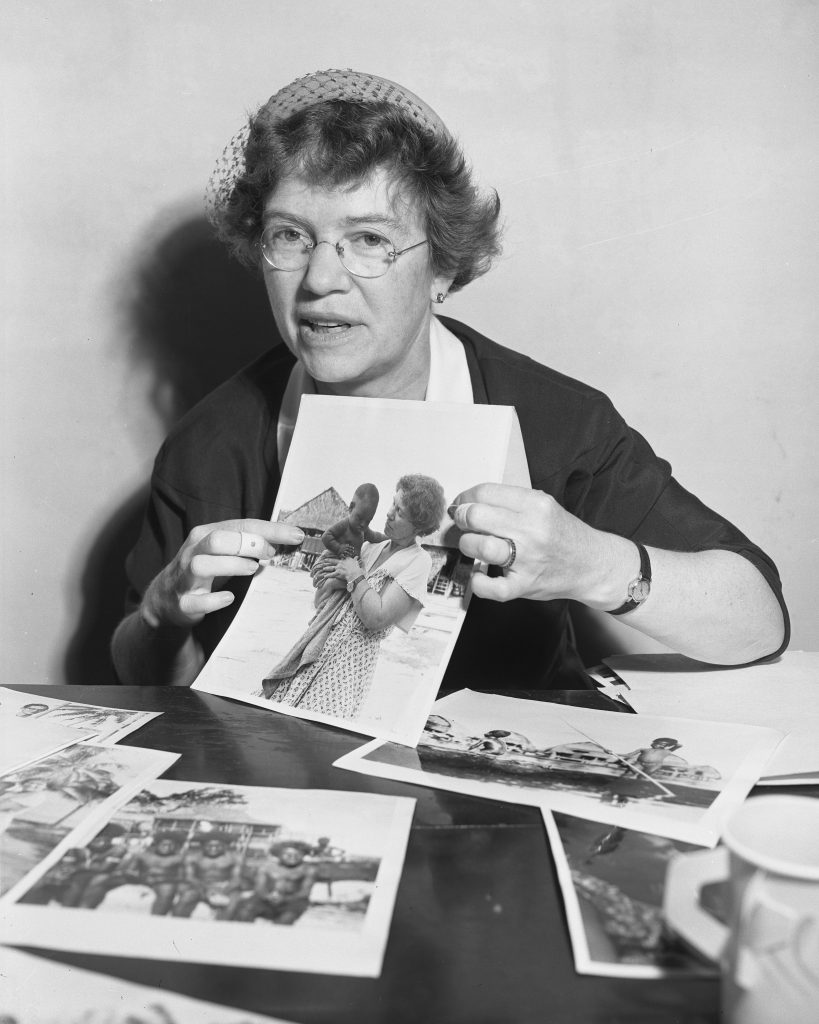Letters written from the field that reveal the author’s internal dialogue provide clarity over the impressions, doubts, and discomforts that inevitably accompany fieldwork. In doing so they expose more of the process and struggle of interpretation and writing. Letters also open retrospective probing over the ethics of fieldwork. This discussion over generations of scholars is vital to the methodological and practical growth and health of the discipline. They also serve as reminders that authors have their own insecurities and hesitations, and that the final product is never ‘complete’–in a comprehensive sense–but inevitably admits many omissions and compromises (Scheld 2009).
Transparency over these details is integral to developing adaptive and responsive methods. In Mead’s reflections on letter-writing she confesses that “[w]hen I started to write these letters, I had no sense that I was discussing the making of a method, that in making what I was doing intelligible to myself and to my family and friends I was recording steps in the development of a new kind of holistic approach.” (Mead 1977: 35). Her letters, as she predicts, promised to be useful for future fieldwork as she narrated the work-in-progress as a whole. Anthropology, as Mead points out, is—and should be—continually ‘building on itself’; each generation of students must adapt to a “world that has changed” (Mead 1977: 38). And letters offer a particularly valuable correspondence between past, present, and future anthropologists, conveying challenges and intricacies of the research process. For Anthropology to remain adaptive and responsible it must be critical of its own methods and pasts, personal reflections through letters are an effective way of building upon and learning from the mistakes, blindspots, oversights, and limitations of those that came before. Letters that offer self-conscious internal dialogue leave their authors vulnerable to future examination; a willingness to admit this exposure demonstrates a continued commitment to the growth of the discipline. In this sense, letters extend the usefulness and ‘afterlife of ethnographic work’ (Dányi, Suchman, Watts 2021) beyond the conclusions of the final report for future examination of methods.
Evident correspondence and letters also offer an important counterpoint to the mythical figure of the ethnographer, sardonically dubbed “The Lone Anthropologist” by Renato Rosaldo and “The Great White Man” by Trinh T. Minh-ha (from Cerwonka & Malkki 2007, 5). This stereotype portrays the ethnographer as an isolated, authoritative figure who single-handedly produces knowledge in the field. However, the collaborative and dialogical nature of correspondence disrupts this myth by showcasing the interdependent and relational aspects of ethnographic research. The exchange between Cerwonka and Malkki in their co-authored text, ‘Improvising Theory: Process and Temporality in Ethnographic Fieldwork’ (2007), reveals how ethnographers rely on the intellectual and emotional support of colleagues to navigate the complexities of fieldwork. This dialogical process highlights the collective and situated nature of knowledge production, challenging the notion of the ethnographer as a solitary, omniscient observer. Instead, it presents ethnography as a collaborative endeavour shaped by continuous interaction and mutual influence, underscoring the importance of community and collegiality in the research process.
Works Cited
- Cerwonka, Allaine. Malkki, Lissa H. (2007). Improvising Theory: Process and Temporality in Ethnographic Fieldwork. University of Chicago Press.
- Dányi, Endre, Suchman, Lucy, & Watts, Laura. (2021). Relocating Innovation: Postcards from Three Edges. In A. Ballestero & B. R. Winthereik (Eds.), Experimenting with Ethnography: A Companion to Analysis (p. 0). Duke University Press. https://doi.org/10.1215/9781478013211-008
- Mead, Margaret. (1977). Letters from the Field 1925-1975. Harper & Row, New York.
- Scheld, Suzanne. (2009). Letter Writing and Learning in Anthropology. The Journal of Effective Teaching, Vol. 9, No. 3, 2009, 59-69
